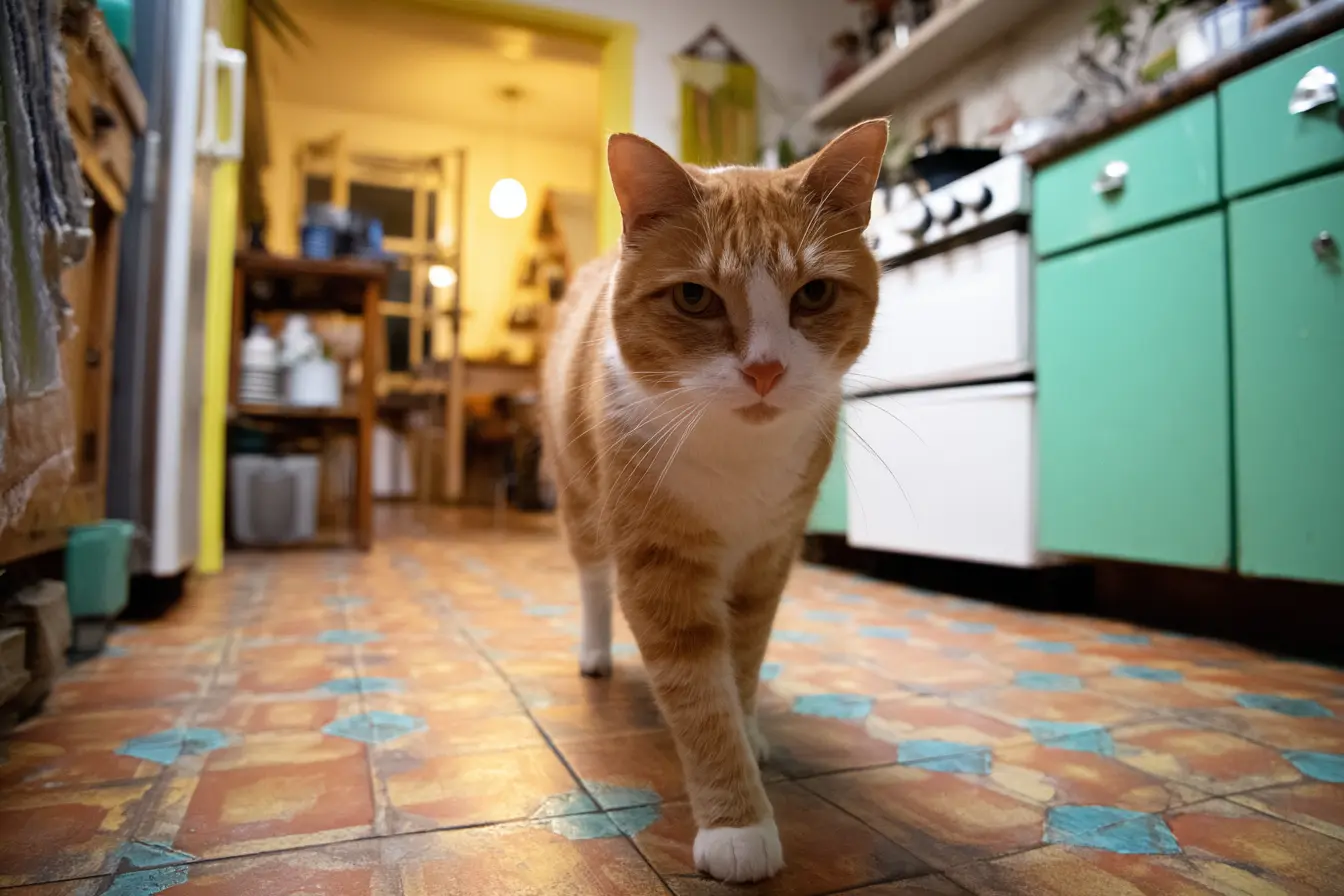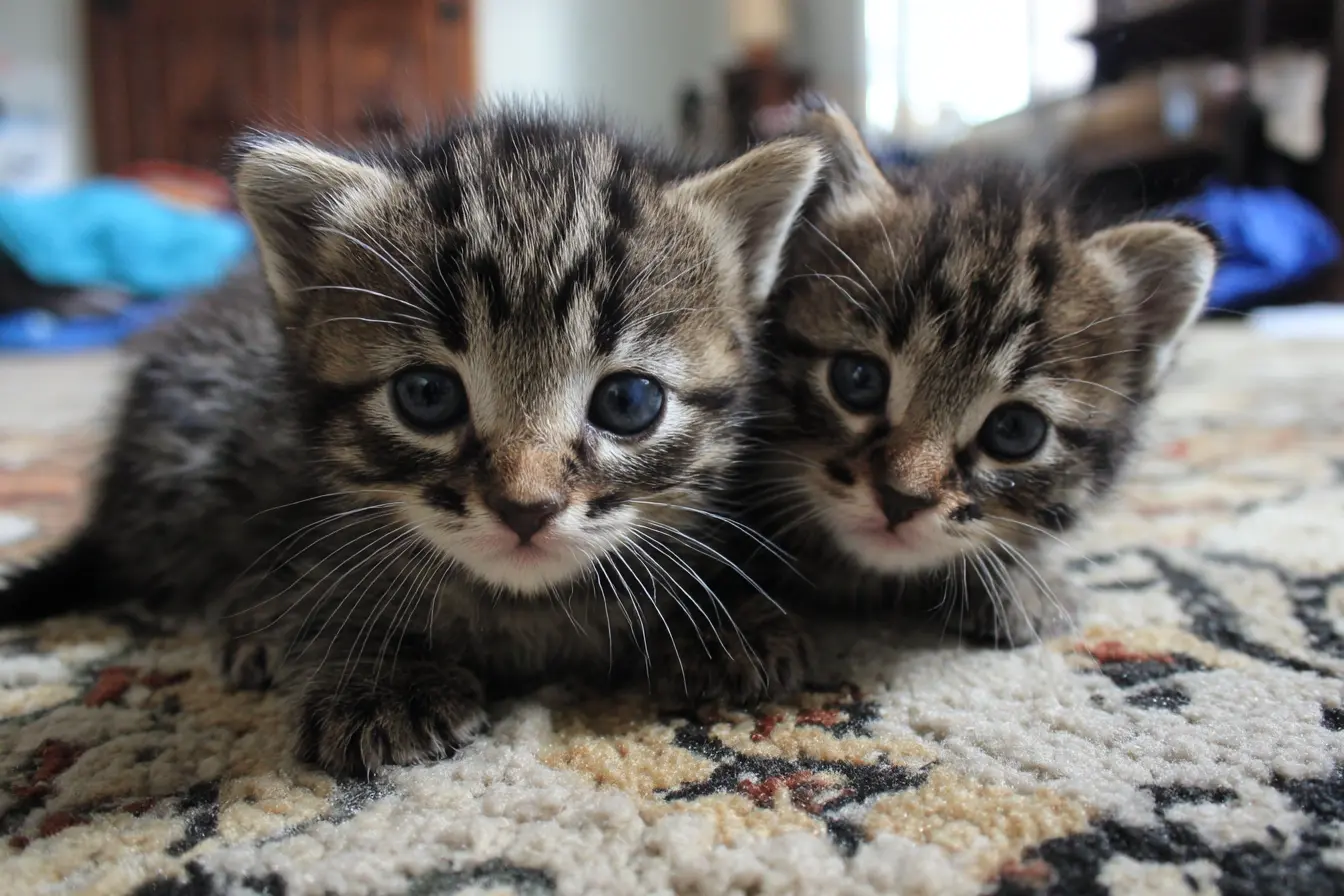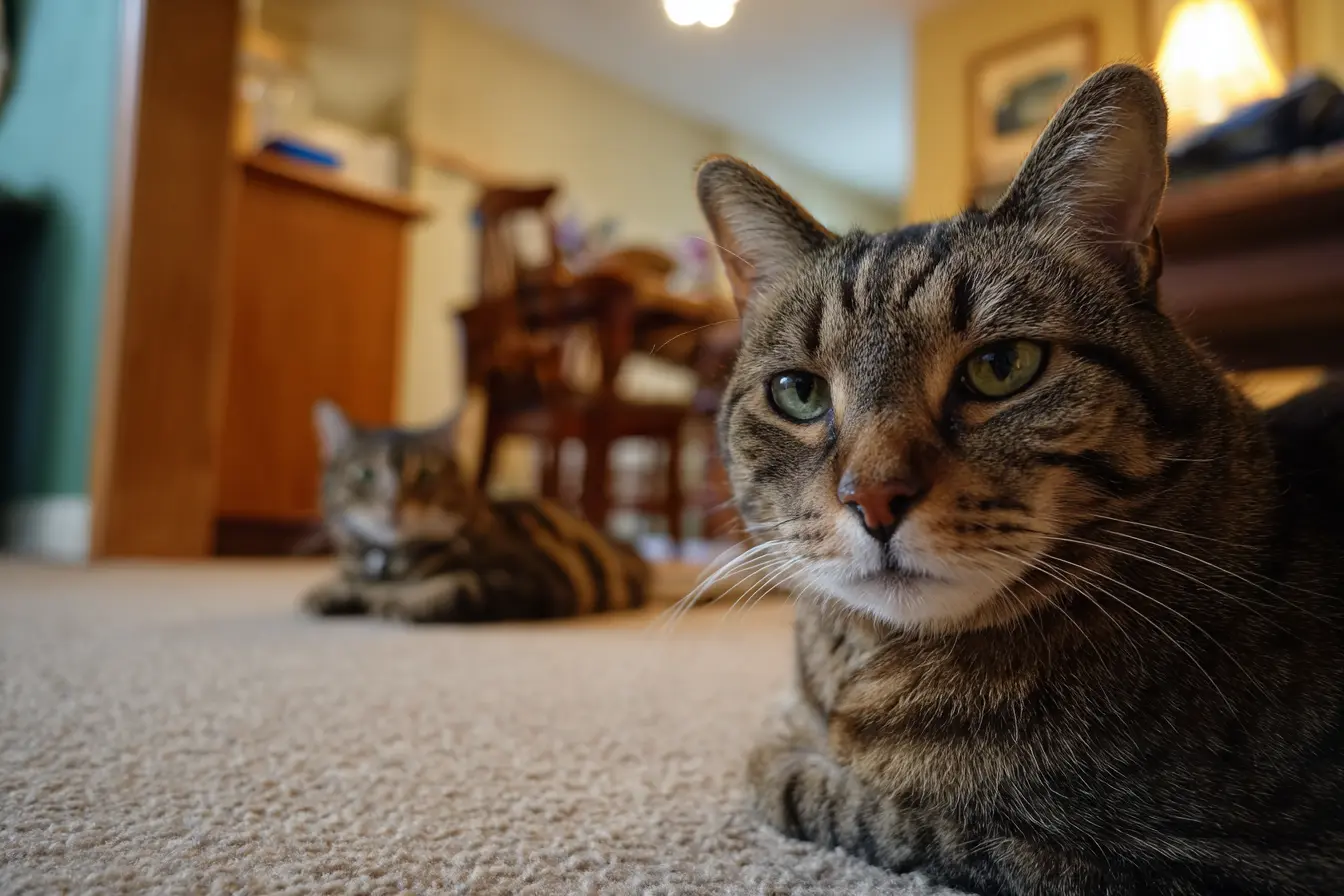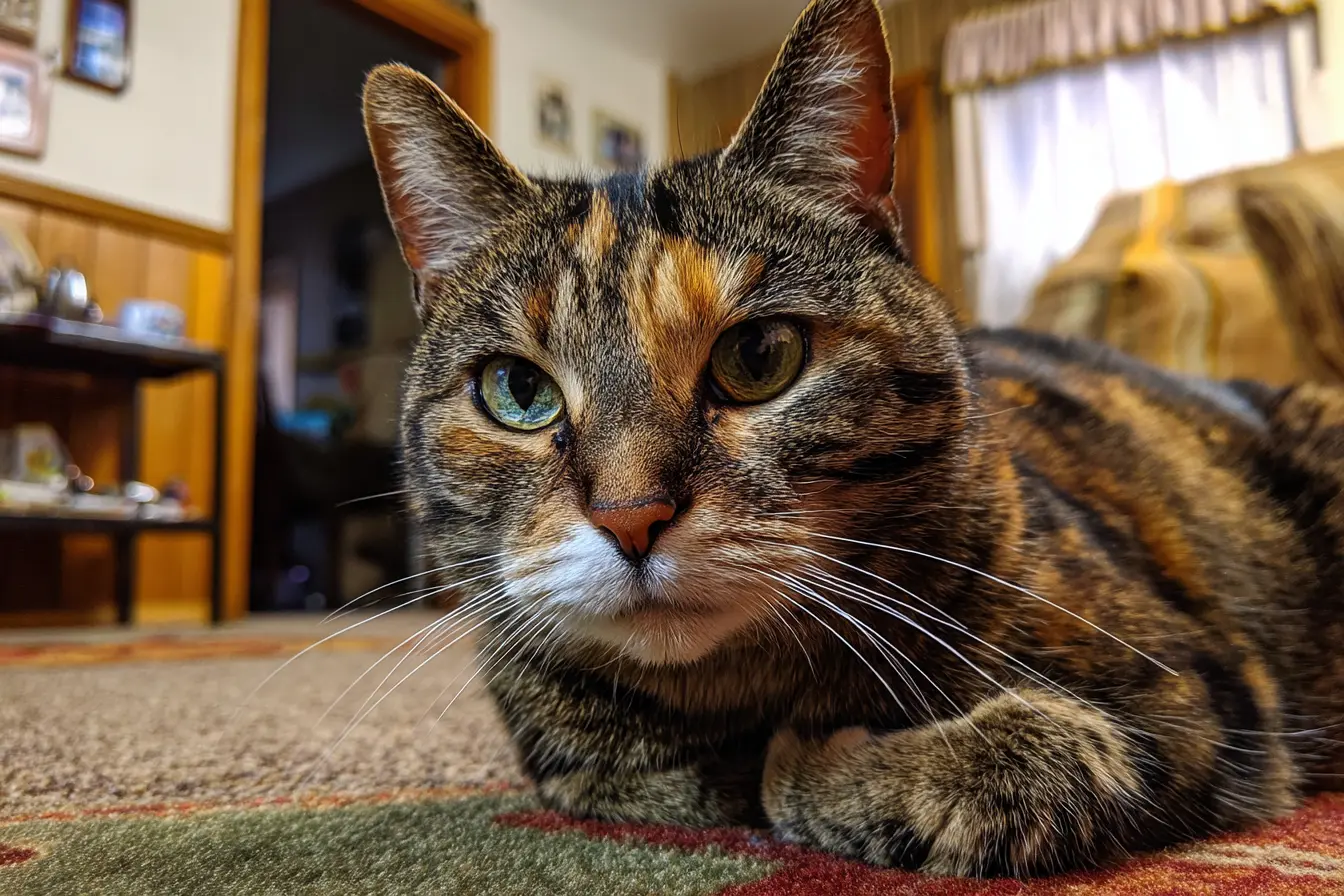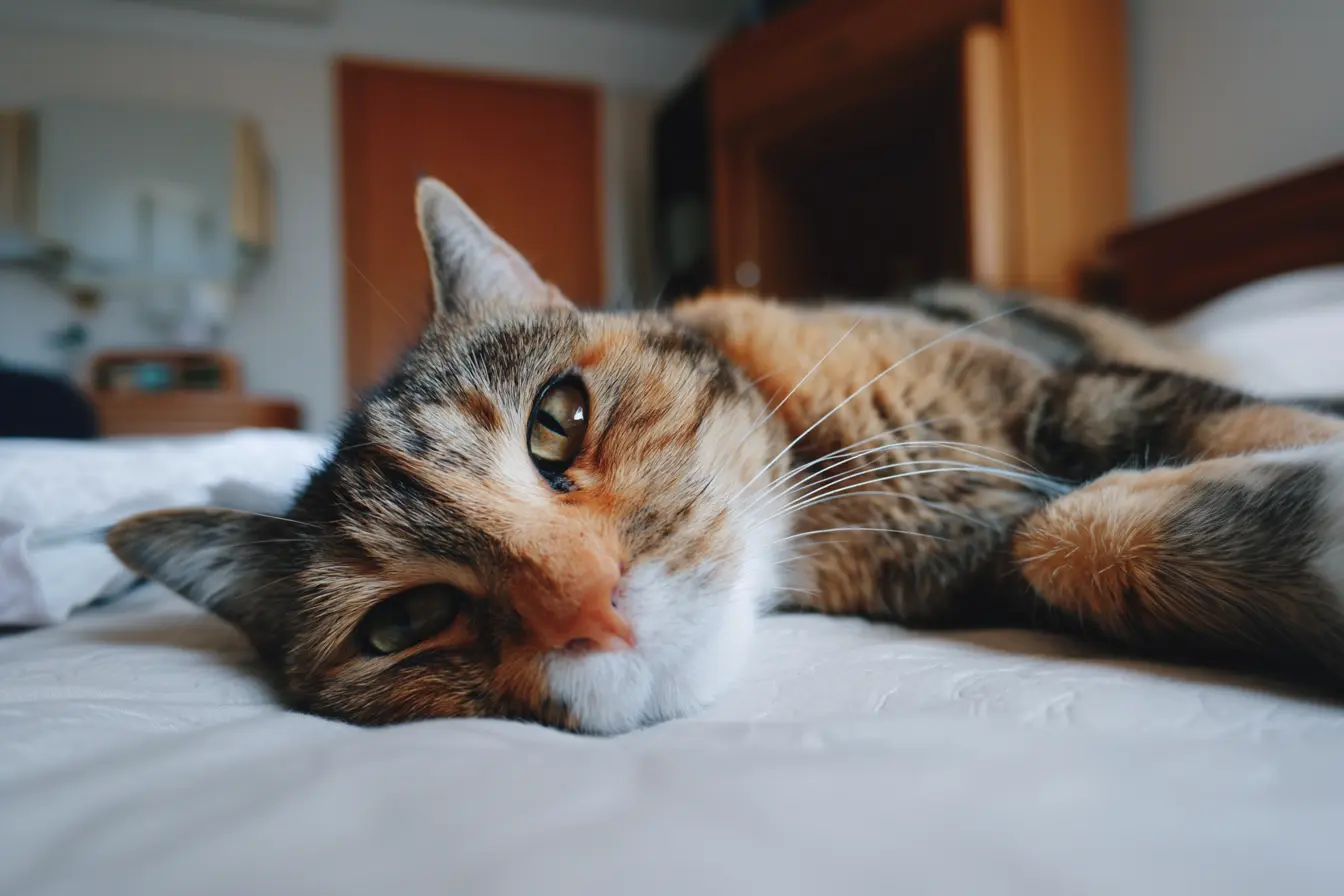
What Should You Do If You Suspect Your Cat Is Pregnant?
If you think your cat may be pregnant, it can be both an exciting and slightly daunting time. Cats are usually very independent when it comes to pregnancy and giving birth, but as an owner, there are important steps you can take to ensure her health and that of her kittens. This guide explains the signs of feline pregnancy, what to do next, and how best to prepare.
Recognising the Signs of Pregnancy in Cats
The earliest signs of pregnancy can sometimes be subtle. Here are the most common indicators:
- Nipple changes: Around 15–18 days into pregnancy, a cat’s nipples become pinker and more prominent, a process often called “pinking up”.
- Weight gain: Pregnant cats gradually gain weight, particularly around the abdomen.
- Increased appetite: She may start eating more than usual to support her growing kittens.
- Behavioural changes: Some cats become more affectionate, while others may seek solitude.
- Vomiting: Occasional “morning sickness” can occur, though it should not be frequent or prolonged.
Since these signs can also be linked to other health issues, it’s important not to rely on them alone.
Confirming Pregnancy
The best way to confirm whether your cat is pregnant is to consult a vet. They may use:
- Palpation: Feeling the abdomen to detect developing kittens (usually around 3–4 weeks).
- Ultrasound: Can detect pregnancy from as early as 15 days.
- X-rays: Useful later in pregnancy to determine how many kittens are expected.
A vet visit is important not only for confirmation but also to check your cat’s overall health and discuss care during pregnancy.
Caring for a Pregnant Cat
Once pregnancy is confirmed, you can help your cat by ensuring she has the right care:
- Nutrition: Feed a high-quality kitten food throughout pregnancy and lactation, as it provides extra calories and nutrients.
- Hydration: Make sure she has access to fresh water at all times.
- Exercise and rest: Encourage gentle play but avoid overexertion. Pregnant cats often prefer more rest as their pregnancy progresses.
- Vet check-ups: Keep up with regular veterinary care. Do not give flea or worm treatments unless approved by your vet, as some products are unsafe for pregnant cats.
Preparing for Birth
Gestation in cats typically lasts around 63–65 days. As the due date approaches, you should:
- Create a nesting area: Provide a quiet, warm, and safe space with clean bedding where she can give birth. A cardboard box lined with blankets or towels works well.
- Limit stress: Keep her environment calm and avoid unnecessary changes to her routine.
- Be observant: In the final week, your cat may start seeking out secluded spots and may become restless.
Most cats give birth without complications, but you should know when to seek veterinary help.
Signs of Labour and When to Call the Vet
Signs that labour is approaching include restlessness, nesting behaviour, and a drop in body temperature. During labour:
- The first kitten should usually arrive within an hour of strong contractions.
- Kittens typically arrive every 30–60 minutes.
- The entire process may take several hours, especially for first-time mothers.
You should contact your vet immediately if:
- Your cat has been straining for more than an hour without producing a kitten.
- There are more than two hours between kittens.
- She appears in severe pain, is very lethargic, or collapses.
- A kitten appears stuck in the birth canal.
After the Kittens Are Born
Once the kittens have arrived, you should:
- Let the mother care for them: Cats instinctively clean their kittens and encourage them to nurse.
- Check the kittens are feeding: They should latch onto the mother within the first hour or so.
- Keep the area warm and quiet: Newborn kittens cannot regulate their body temperature.
- Monitor the mother’s health: Watch for signs of infection, heavy bleeding, or disinterest in her kittens, and call your vet if concerned.
Preventing Future Pregnancies
If you do not intend to breed your cat again, discuss spaying with your vet once the kittens are weaned. Spaying not only prevents further pregnancies but also protects against certain health issues and reduces unwanted litters.
Conclusion
If you suspect your cat is pregnant, the most important steps are to confirm it with your vet, provide her with the right nutrition, and create a calm, safe space for the birth. Most cats manage pregnancy and labour well, but being prepared will give you peace of mind and ensure both mother and kittens have the best possible start. Observing her closely and seeking veterinary advice when needed will help you support her throughout the journey.
Vets near you
Speciality vets
- Aquatics vet specialists
- Birds vet specialists
- Camelids vet specialists
- Cats vet specialists
- Cattle vet specialists
- Deer vet specialists
- Dogs vet specialists
- Equines vet specialists
- Exotic vet specialists
- Goats vet specialists
- Pigs vet specialists
- Poultry vet specialists
- Sheep vet specialists
- Small Mammals vet specialists
- Wild vet specialists
Vet facilities
- Accessible by public transport
- Blood testing
- Car park nearby
- Client car park
- Dentistry
- Diagnostic imaging
- Disabled public access
- Flea and worm treatments
- Microchipping
- Mobile services
- Neutering
- Open at weekends
- Out-of-hours service
- Referral interests
- Referrals only
- Street parking outside
- Toilets available
- Vaccinations
